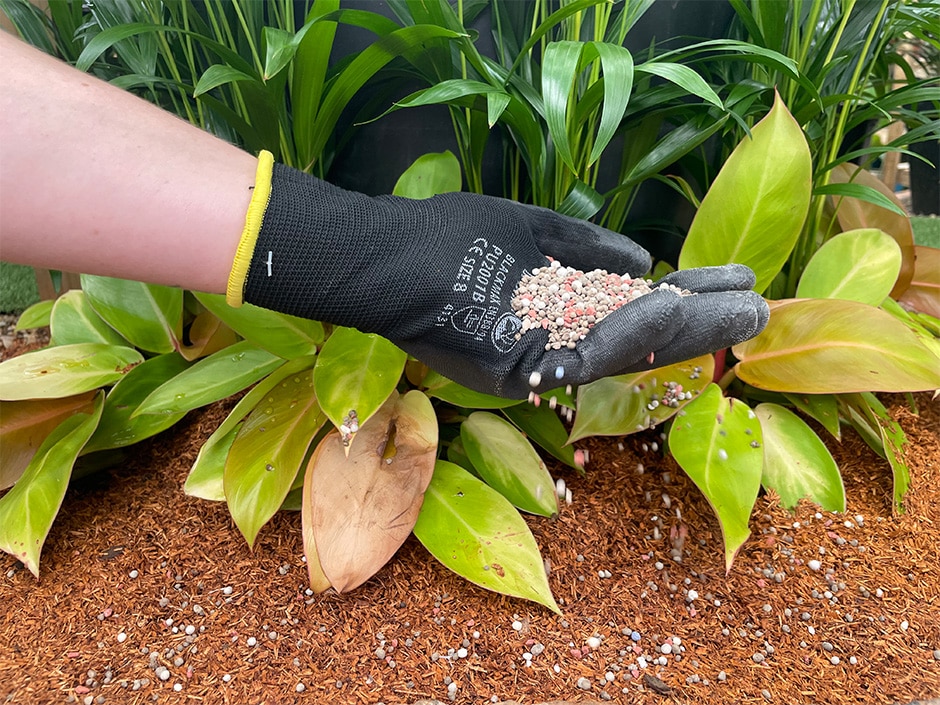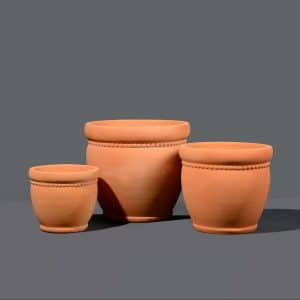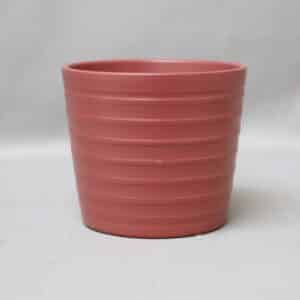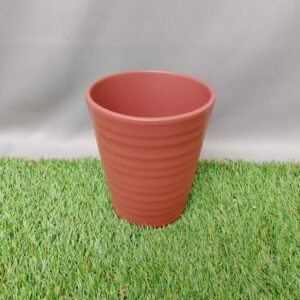Answering Your Fertiliser FAQs
DIY and how-to

Hey there, gardening enthusiasts! We know that figuring out what and how to feed your plants and garden can get complicated. So we’ve put together a list of your burning questions about fertiliser. We’re taking it back to basics…
What is fertiliser and why do I need it?
Simply put, fertilisers are the substances you add to soil and crops. You need them to keep your plants healthy and thriving because they contain essential nutrients that are required for this. Fertilisers also come in handy when you want to enhance crop yields and improve the quality of your plants.
How do I know when I need to use fertiliser?
That one can be a bit tricky, but only because there isn’t just one answer. The need for it depends on several factors:
- the type of plants you are growing
- quality of your soil
- environmental conditions in your area
Here’s a list of indicators that can help narrow it down:
- Soil testing – This helps identify nutrient and pH levels. You can use a testing kit that will tell you the specific nutrient needs of your plants.
- Plant appearance – Stunted growth, yellowing leaves and poor fruit or flower production are all signs that your plants may need a fertiliser boost.
- Time of year – Depending on your plants and their different stages of growth, they may need different nutrients. For example, they may need more nitrogen during the early growth stage and more phosphorus during the flowering and fruit stage.
- Crop rotation – Growing the same crops year after year may deplete the soil of certain nutrients.
What are the different types of fertiliser?
- Organic fertilisers – Instead of chemicals, organic fertilisers are made from plant, animal or mineral sources, making them biodegradable and good for Mother Earth.
- NPK fertilisers – These contain nitrogen (N), phosphorus (P) and potassium (K), the three most important nutrients for plant growth. Nitrogen takes care of leafy growth and plant health, phosphorus looks after root development and potassium handles flower and fruit production and overall plant strength.
- Plant fertilisers – Think NPK fertilisers, but upgraded. In addition to containing nitrogen, phosphorus and potassium, they have macronutrients such as zinc, iron and magnesium.
- Nitrogen fertilisers – These contain nitrogen, a nutrient that’s important for plant growth and health. Applying nitrogen fertilisers to soil increases the amount of nitrogen available to plants.
- Bonemeal fertilisers – This type is made from crushed cattle bones and is a great source of calcium and phosphorus. It works wonders for flowering plants, fruits and veggies because it supports healthy root growth and flower and fruit development.
- Lawn fertiliser – This keeps your grass healthy and green. It’s specially designed to provide the nutrients (a mix of macro- and micronutrients) that grass needs to grow and thrive.
Can fertiliser destroy plants?
Fertilisers do a lot of good to plants. They provide nutrients that help with the health and performance of plants, but too much fertiliser, applied too often can burn roots, ultimately killing the plant.
There you have it, folks! Just remember to choose the right type and amount of fertilisers for your plants, and follow the instructions on the packaging. When in doubt pop by your nearest Stodels and ask our nurserymen for their expert advice.
You might also like
Shop online
-
TERRACOTTA PLANTER PETUNIA
- R299.99 – R899.99
- Select options This product has multiple variants. The options may be chosen on the product page Learn More
-
POLYPIPE 15MMX5M OR 20MMX5M
- R69.99 – R99.99
- Select options This product has multiple variants. The options may be chosen on the product page Learn More
-
- Sale!
POT COVER CANDICE MARSALE
- Original price was: R129.99.R90.99Current price is: R90.99.
- Add to cart Learn More




